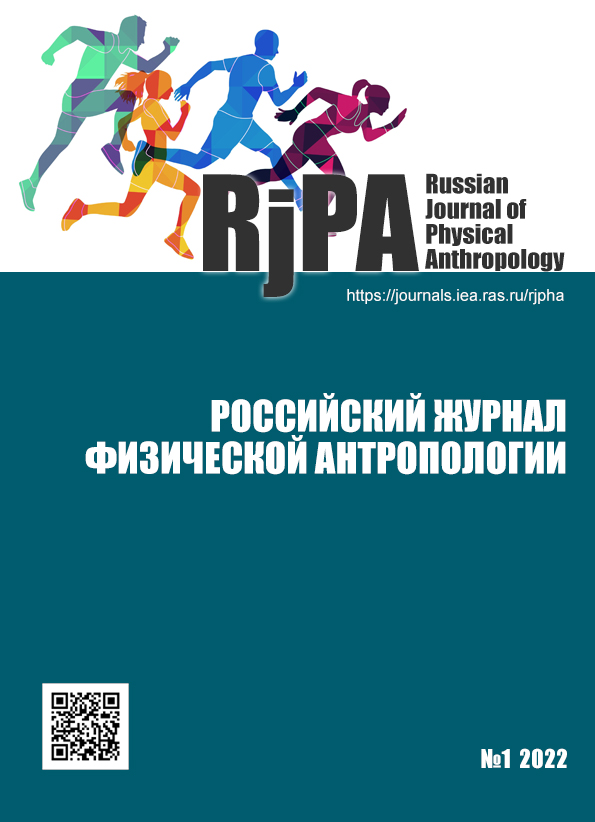FACTORS AFFECTING MOTOR DEVELOPMENT OF 5-TO-10 YEARS OLD CHILDREN
Keywords:
children aged 5-10 years; physical development; motor skills development; body mass index; relative values of motor development; ecological and geographical factors; socio-economical factors; gender; age; predictors.Abstract
The present study aimed to evaluate the contribution of ecological, geographical
and socio-economic factors to variation of physical and motor skills
development of 3700 children from 5 regions of Russian Federation. Physical
development (weight and height) were assessed. Body mass index (BMI)
was calculated. Motor development was assessed using the standing long
jump test, 30 m sprint test, 6 minute run test. The physical and motor skills
development was measured using absolute and relative (scaling to height) approaches.
It was shown that gender and age affected relative values of motor
development. The contribution of the ecological, geographical and socio-economic
factors to variation of physical and motor development was limited to
8-10%, highlighting, on the one hand, the sensitivity of physical and motor
development of children aged 5-10 years to such factors, and, on the other
hand, the small contribution to physical development and health of children.
Unrecorded factors such as genetic factors and teaching models in physical education
in kindergartens and primary schools as well as its multiple interactions might
have a higher contribution (more than 90% of the total variance of studied parameters). Body mass index as indicator of metabolic status was one of the important
factors which affected motor development. Despite the significant regional differences,
the patterns of age dynamics of physical and motor skill development
were similar that indicates the biosocial well-being of the studied populations.




